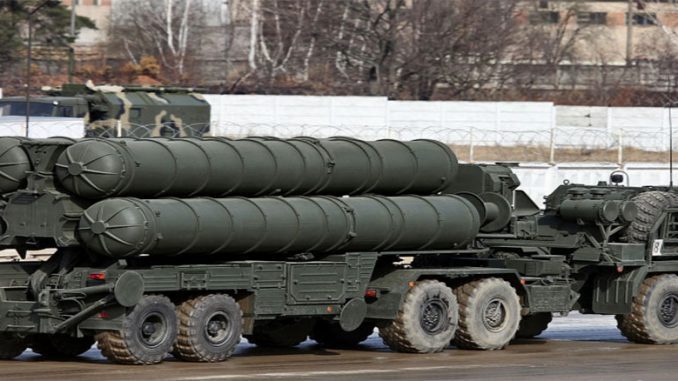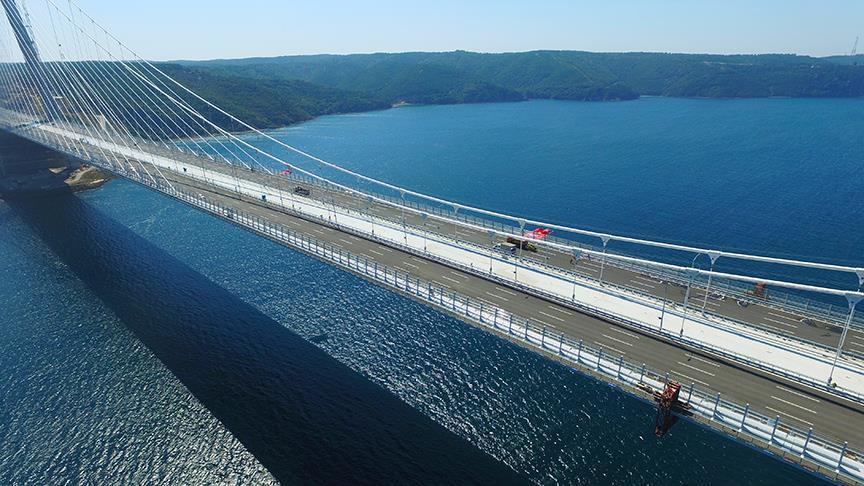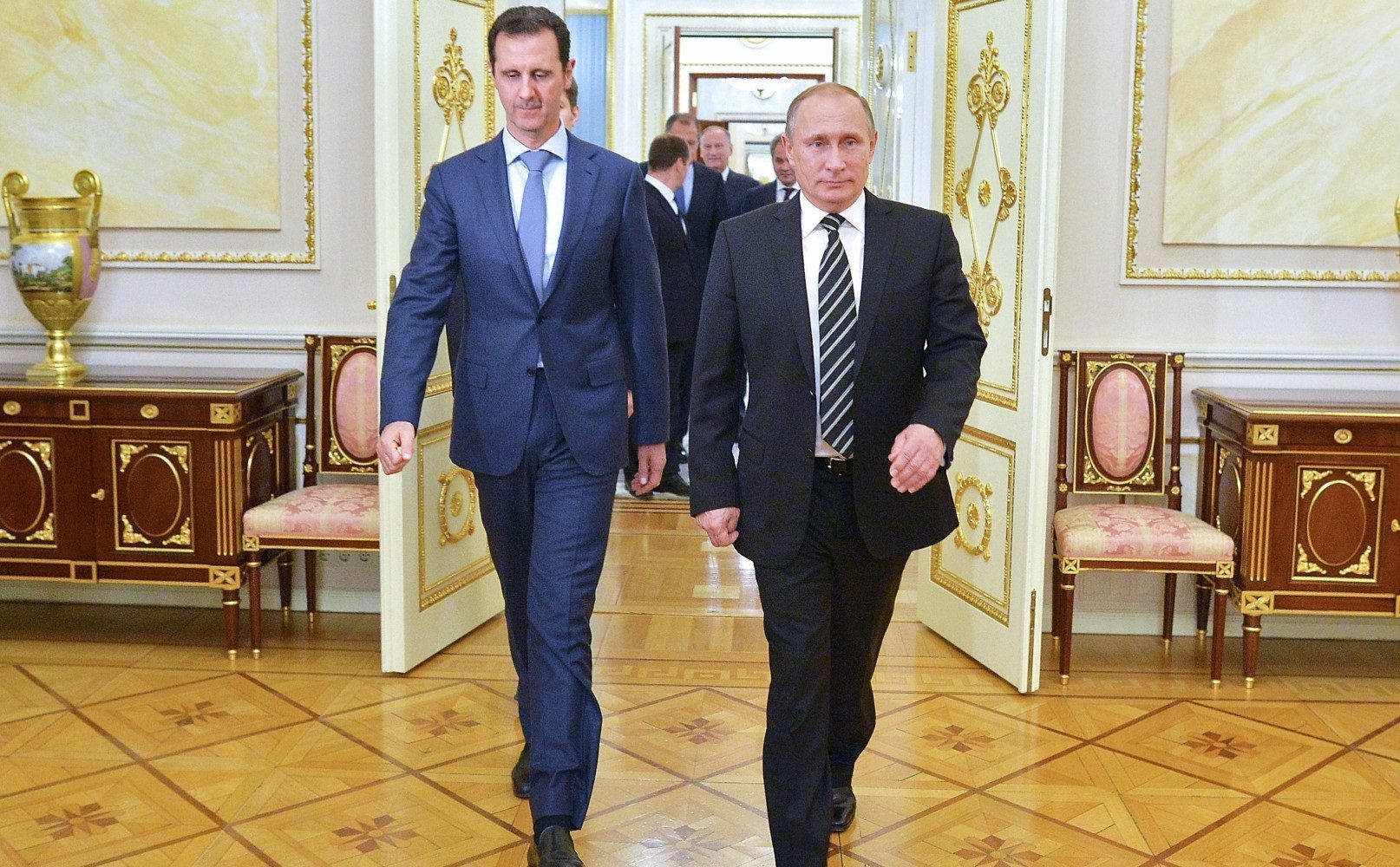
US military chief said Sunday that Ankara buying missile system from Moscow would be ‘concern’ for Washington
The purchase of S-400 missile defense system from Russia is not “worrying”, Turkish President Recep Tayyip Erdogan said on Monday.
“Why would it be worrying? Every country needs to take certain measures for its own security,” Erdogan told reporters at Ankara Esenboga airport.
Erdogan’s remarks came a day after Joint Chiefs of Staff chairman, Gen. Joseph Dunford, labeled media reports about Turkey purchasing the S-400 system from Russia as “incorrect”, saying: “That would be a concern, were they to do that, but they have not done that.”
Erdogan said it was “important” for Turkey to choose an entity with which it could be in co-production.
He added that negotiations on the missile system had been “largely” completed.
Russian presidential aide Vladimir Kozhin said late June that Moscow and Ankara had agreed on the delivery of S-400 mobile systems but that the Kremlin had not approved a loan for the deal.
The S-400 system was introduced in 2007 and can carry three types of missiles capable of destroying ground and air targets, including ballistic and cruise missiles.
It can track and engage up to 300 targets simultaneously and has an altitude ceiling of 27 kilometers (17 miles).
Turkey reached an agreement with Russia to purchase the latter’s most sophisticated missile-defense system, the S-400, a senior Turkish military official told Bloomberg last week.
Under the $2.5 billion agreement Ankara would receive two batteries of the antiaircraft missile from Moscow within the coming year and then produce two more batteries in Turkey.
At the beginning of June, Russian President Vladimir Putin said Moscow was ready to deliver the missile system, and a Russian military-industry official said an agreement on technical details had been reached in mid-June.
Turkey stepped up efforts to acquire its own missile-defense system after the US, Germany, and the Netherlands — all NATO members — decided at the end of 2015 not to renew their Patriot-missile deployments in southern Turkey. Spanish and Italian missile batteries remain in the country, but those systems are linked to the NATO air-defense system.
The deal has not been finalized and could still fall through, as has happened before — under pressure from the US, Turkey scrapped plans to buy missiles from a Chinese state-run company that had been sanctioned for allegedly selling missiles to Iran. (Ankara has also sought out alternative missile systems from the US and France.)
But the agreement has deepened concern that Turkey is drifting away from its longstanding alliance in NATO, which it joined during the security bloc’s first enlargement in 1952.
The S-400 deal “is a clear sign that Turkey is disappointed in the US and Europe,” Konstantin Makienko, an analyst at Moscow-based think tank the Center for Analysis of Strategies and Technologies, told Bloomberg.
“But until the advance is paid and the assembly begins, we can’t be sure of anything.”
“The problem is, how do you inter-operate in the NATO system with Russians? They’ll never inter-operate,” US Defense Secretary James Mattis told reporters on Friday. “We’ll have to see — does it go through? Do they actually employ it? Do they employ it only in one area? All that kind of stuff. But you know, we’ll have to take a look at it.”
The S-400 system can detect and target manned and unmanned aircraft and missiles and hit targets up to 250 miles away. But it is not compatible with NATO systems, nor would it be subject to the same NATO limits on deployment, meaning that Ankara could set it up in places like the Armenian border or Aegean coast.
A Turkish official also told Bloomberg that the S-400s delivered to the country would not have friend-or-foe identification systems, making them deployable against any target.
While Russia is unlikely to supply Turkey with its most up-to-date missile system, the deal would give Ankara a leg up on its goal to build defense-industry capacity — which may stem in part from Western reticence to exchange advanced technology with Turkey.



